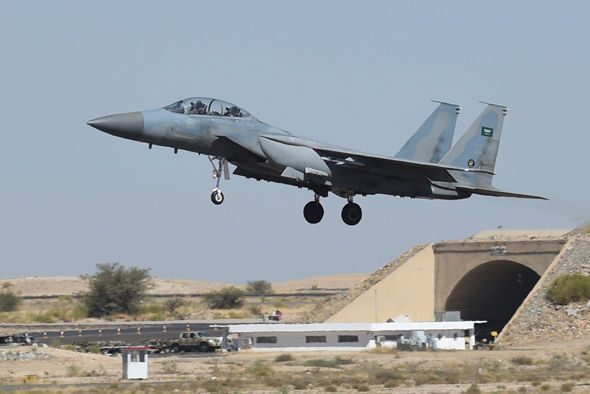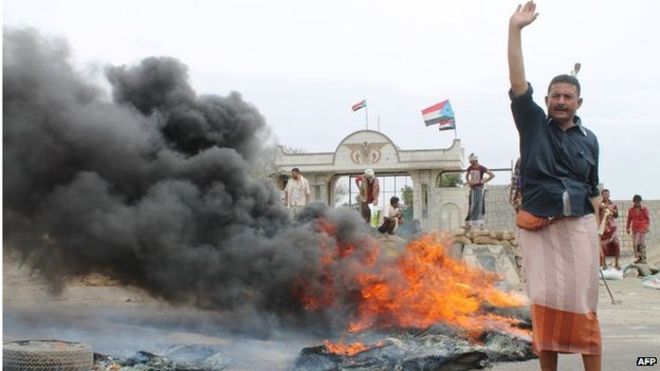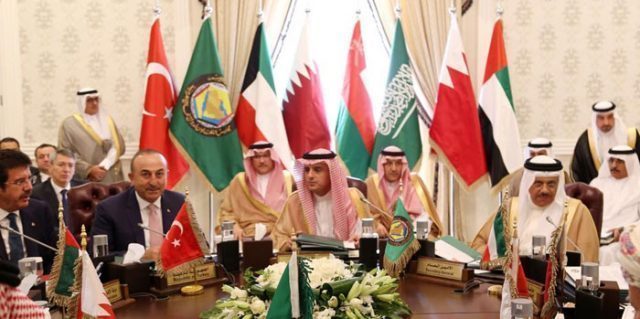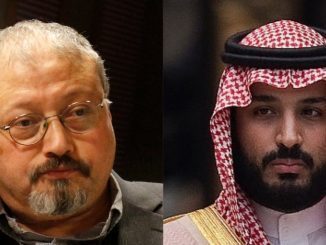
The Secretary of State for International Development in Britain Priti Patel announced that Britain will provide an additional £37 million in funding for Yemen this year, said Express newspaper on Sept.22.
She also said that the government’s extra £37m this year, will bring the total to £100m, while the UK is facing criticism for selling arms to Saudi Arabia which could be used in Yemen’s civil war.
However, A total of £72m has already been committed to the crisis in Yemen by the UK, the British Government has simultaneously approved more than £3.3 billion of arms to Saudi Arabia during first 12 months of Yemen bombardment.
A report published last January in Independent said that the UK arms sales to Saudi Arabia ‘worth £5.6bn only under David Cameron.
The report added that “major deals between Saudi Arabia and British companies include a £1.6bn agreement for Hawk fighter jets and bulk sales of machine guns, bombs and tear gas.
UK paradox
The £100 million commitment this year makes the UK the world’s fourth largest donor.
BBC diplomatic correspondent James Landale told the BBC there was a paradox to the humanitarian aid.
“With one hand, Britain is giving more aid to Yemen. But with the other, it is also selling lots of weapons to Saudi Arabia, some of which are being used in airstrikes that breach international humanitarian law by targeting schools and hospitals.”
Former Development Secretary Andrew Mitchell said this contradiction meant the government had to do more to restrain the Saudis.
Accusations of blocking UN inquiries
The Guardian reported on Sunday that Britain has blocked European Union efforts to establish an independent international inquiry into the war in Yemen, prompting dismay among human rights groups.
The proposal, submitted Friday by Slovakia on behalf of the EU, was replaced by a much weaker call for the UN body to dispatch a mission “to monitor and report on the situation” after the UK refused to give its backing.
Meanwhile, in an open letter to the Human Rights Council, the Human Rights Watch and other campaign groups claim an international inquiry would help to “establish the facts, collect and preserve information related to violations and abuses with a view to ensuring that those responsible for crimes are brought to justice in fair trials”.
According to The Guardian, British Foreign secretary Boris Johnson rejected last week the need for such an inquiry, arguing that the UK was “using a very, very wide variety of information sources about what is happening to acquaint ourselves with the details” about Yemen.
“Blocking attempts to create an international inquiry is a betrayal of the people of Yemen who have suffered so much during this conflict,” said Polly Truscott of Amnesty International. “It’s shocking. The UK ought to be standing up for justice and accountability, not acting as a cheerleader for arms companies.”
In fact, Saudi Arabia also has blocked UN investigations about its crimes in Yemen. Officials has been claimed that the Saudis’ appointment on to the UN’s human rights council may have been secured thanks to a secret voting deal forged with the UK.
killing civilians
A minimum of 10,000 civilians have been killed or wounded in the U.S.-backed war in Yemen, according to the U.N. humanitarian coordinator.
Since the Saudi-led coalition began its bombing campaign in Yemen in March 2015, there has been an average of 13 civilian casualties a day, according to the U.N. Office of the High Commissioner for Human Rights.
in August, the U.N. high commissioner released a report on the situation of human rights in Yemen, revealed that about 3,800 Yemeni civilians have been killed and more than 6,000 have been injured in the war and at least 2.8 million Yemenis, including more than 400,000 families, have been forced to flee their homes because of the violence.



